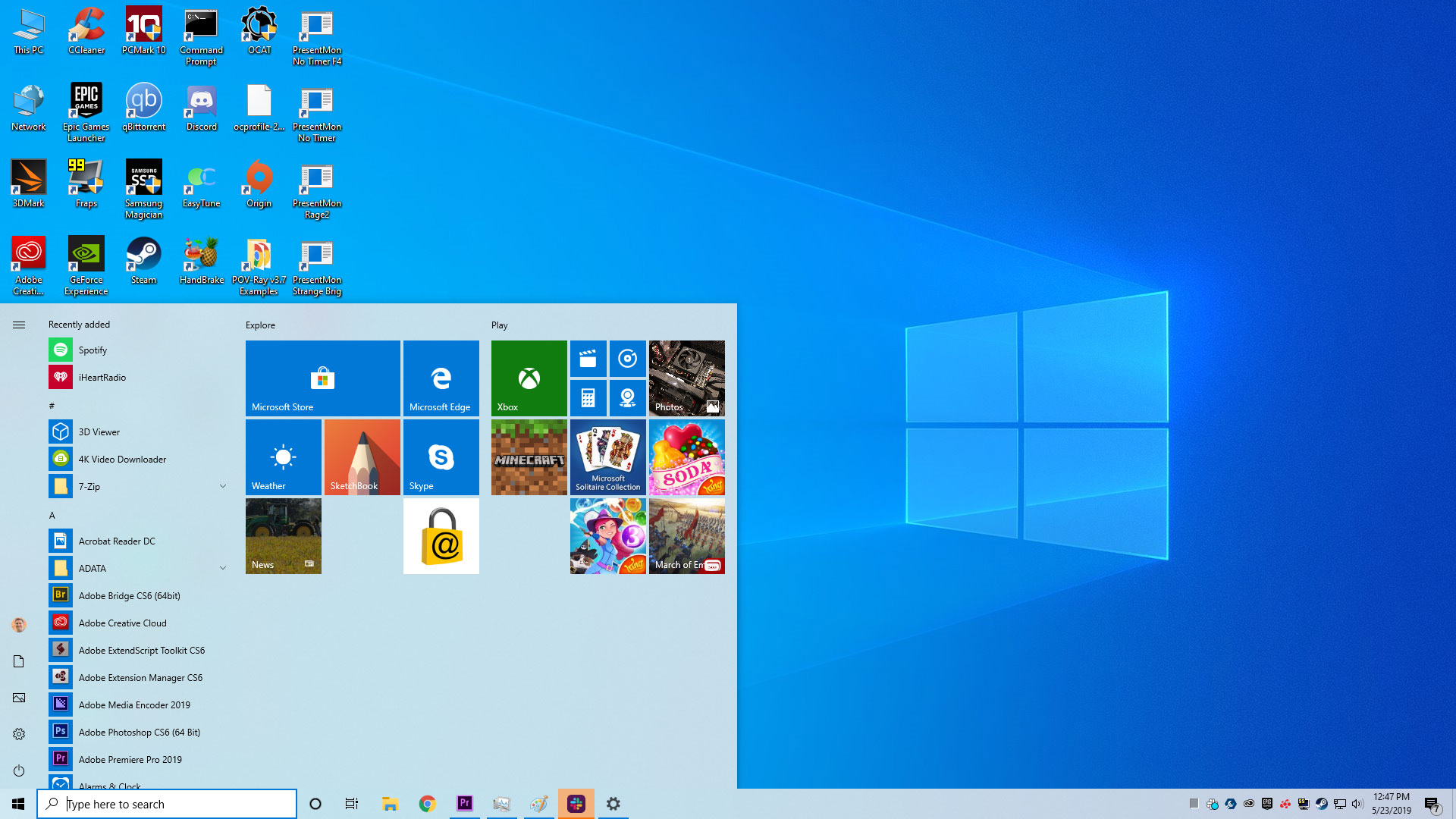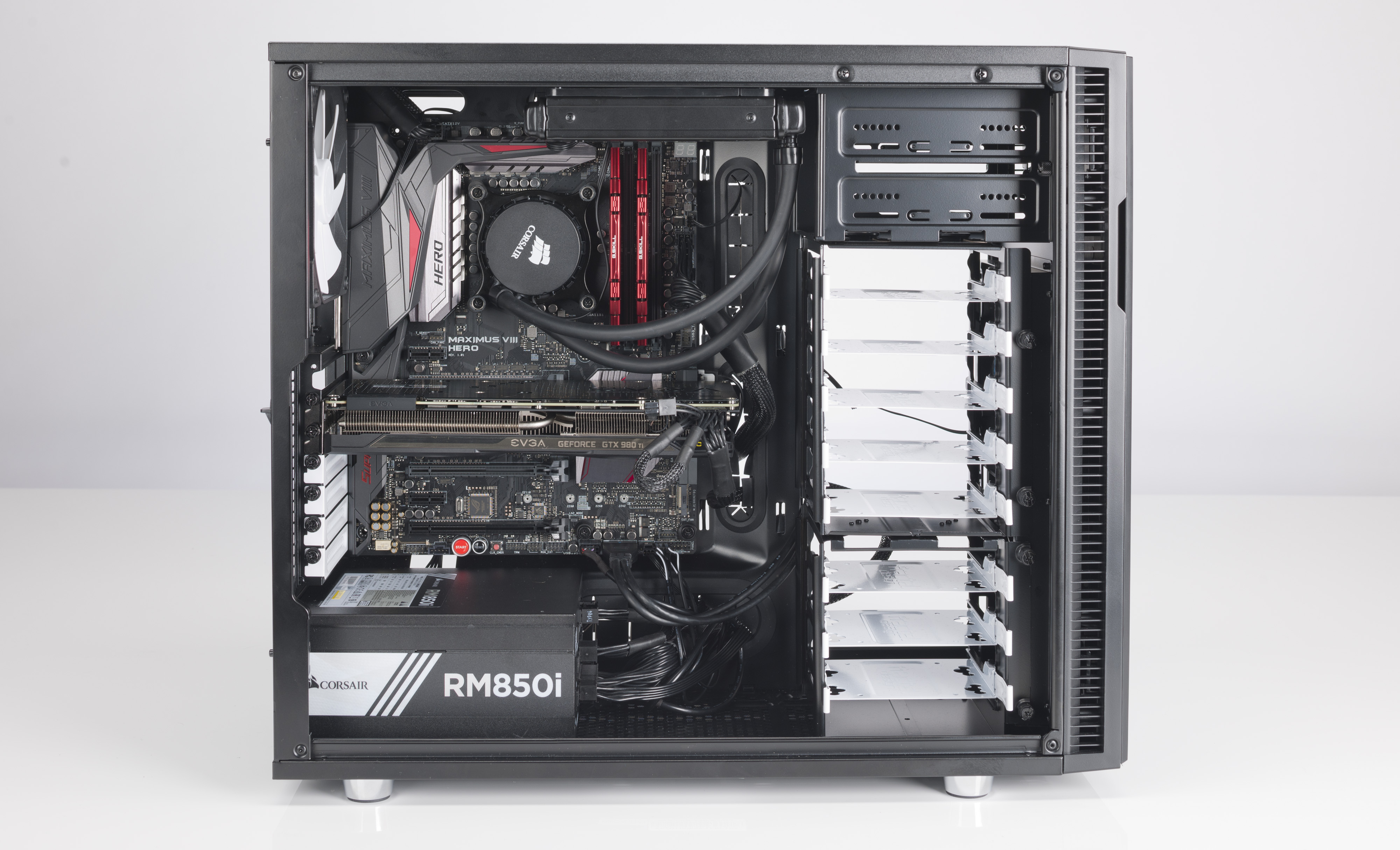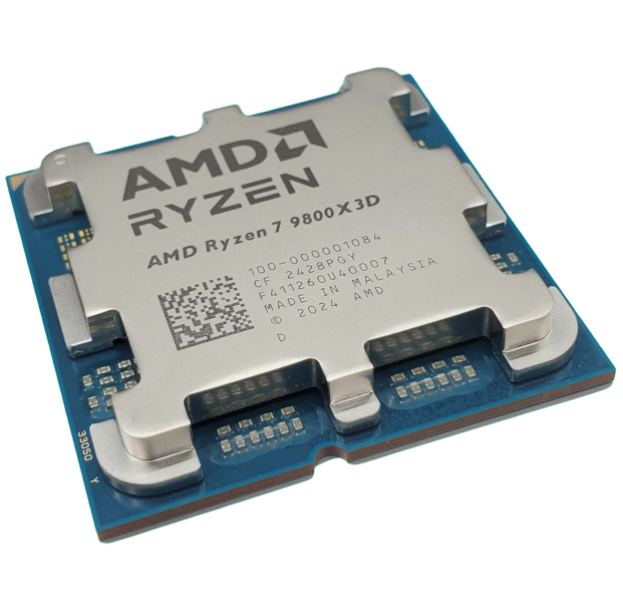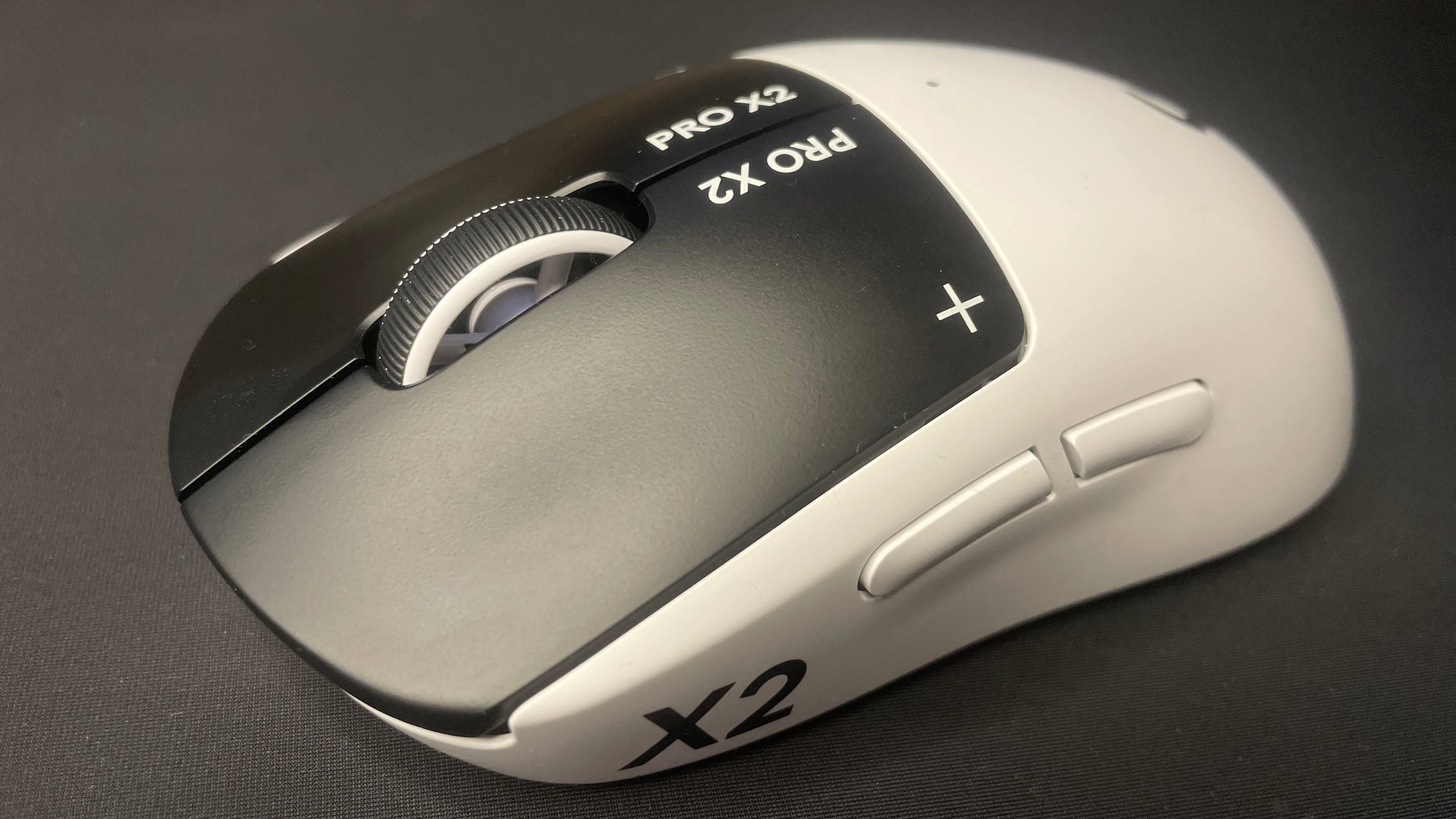Microsoft says that 'Windows 11 PCs are up to 2.3X faster than Windows 10 PCs', neglecting to mention that it's comparing apples to bowling balls
In other shocking news, PC hardware of today is much faster than PC hardware from nearly a decade ago.

Keep up to date with the most important stories and the best deals, as picked by the PC Gamer team.
You are now subscribed
Your newsletter sign-up was successful
Want to add more newsletters?

Every Friday
GamesRadar+
Your weekly update on everything you could ever want to know about the games you already love, games we know you're going to love in the near future, and tales from the communities that surround them.

Every Thursday
GTA 6 O'clock
Our special GTA 6 newsletter, with breaking news, insider info, and rumor analysis from the award-winning GTA 6 O'clock experts.

Every Friday
Knowledge
From the creators of Edge: A weekly videogame industry newsletter with analysis from expert writers, guidance from professionals, and insight into what's on the horizon.

Every Thursday
The Setup
Hardware nerds unite, sign up to our free tech newsletter for a weekly digest of the hottest new tech, the latest gadgets on the test bench, and much more.

Every Wednesday
Switch 2 Spotlight
Sign up to our new Switch 2 newsletter, where we bring you the latest talking points on Nintendo's new console each week, bring you up to date on the news, and recommend what games to play.

Every Saturday
The Watchlist
Subscribe for a weekly digest of the movie and TV news that matters, direct to your inbox. From first-look trailers, interviews, reviews and explainers, we've got you covered.

Once a month
SFX
Get sneak previews, exclusive competitions and details of special events each month!
To chivvy PC users away from using its previous operating system, Microsoft has published a fresh blog extolling the virtues and benefits of Windows 11, including a statement about how Windows 11 PCs are up to 2.3 times faster than Windows 10 PCs. But when you read the fine print about that claim, you'll see that it's entirely a comparison of new vs old hardware, and practically nothing to do with the software.
Despite its best efforts over the years, Microsoft has struggled to get millions of PC users off Windows 10 and onto Windows 11, despite the fact that the software giant will be officially bringing the older operating system to a close this October. I should imagine that a team of marketing executives sat down and created a list of things they could write about that would make PC gamers update their OS.
I mean, why else would one make a statement of "Windows 11 PCs are up to 2.3x faster than Windows 10 PCs" if not to appeal to gamers? The thing is, the claim itself comes with a footnote of "Based on Geekbench 6 Multi-Core benchmark. See aka.ms/w11claims" and when you follow that link, you get this snippet of information:
"Based on testing performed by Microsoft in December 2024 using Geekbench 6 Multi-core score comparing a selection of Windows 10 PCs with Intel Core 6th, 8th and 10th generation processors and Windows 11 PCs with Intel Core 12th and 13th generation processors. Performance will vary significantly by device and with settings, usage and other factors."
So Microsoft has used one synthetic benchmark test to make this judgment, and one that specifically focuses on the multicore performance of a CPU. To make matters worse, it's directly comparing Intel processors from 2022 to 2024 to chips from as far back as 2015—a gap of seven to nine years.
That might not sound very much, but the most powerful desktop Core 6th Gen chip Intel produced was the Core i7 6700K: a four-core, eight-thread processor. Exactly the same as the weakest Core i3 12th Gen. Head in the other direction and pick a Core i9 13900K, and you get 24 cores and 32 threads.

Any 'Windows 11 PC' with such a processor is going to absolutely trounce a 'Windows 10 PC' with a 6th Gen chip, because they have far more threads, something that the Geekbench multicore test thrives on. Even if one picks the most powerful 10th Gen Intel CPU, the Core i9 10900K, that still only has 20 threads.
Keep up to date with the most important stories and the best deals, as picked by the PC Gamer team.
The caveat of "Performance will vary significantly by device and with settings, usage and other factors" just doesn't cut the mustard, because Microsoft has deliberately used a set of figures to make your performance claim that aren't impacted by those 'other factors'.
Of course, what it's not going to do is take two Intel Core Ultra 9 285K PCs, install Windows 10 on one and Windows 11 on the other, and then compare them in Geekbench. They'll get almost identical results. Which most PC gamers would expect because millions of them are still using the older operating system on the latest hardware.
Sure, the blog does go on to provide a much larger list of reasons why one should be using Windows 11—arguably, some of them are valid points—but using flawed data to try and push PC users across just isn't going to work. Because PC gamers aren't stupid. Back to the drawing board Microsoft, and next time, try not to fob us off with utter nonsense, yes?

👉Check out our list of guides👈
1. Best CPU: AMD Ryzen 7 9800X3D
2. Best motherboard: MSI MAG X870 Tomahawk WiFi
3. Best RAM: G.Skill Trident Z5 RGB 32 GB DDR5-7200
4. Best SSD: WD_Black SN7100
5. Best graphics card: RTX 5070 Ti or RX 9070 XT (whichever is cheaper)

Nick, gaming, and computers all first met in the early 1980s. After leaving university, he became a physics and IT teacher and started writing about tech in the late 1990s. That resulted in him working with MadOnion to write the help files for 3DMark and PCMark. After a short stint working at Beyond3D.com, Nick joined Futuremark (MadOnion rebranded) full-time, as editor-in-chief for its PC gaming section, YouGamers. After the site shutdown, he became an engineering and computing lecturer for many years, but missed the writing bug. Cue four years at TechSpot.com covering everything and anything to do with tech and PCs. He freely admits to being far too obsessed with GPUs and open-world grindy RPGs, but who isn't these days?
You must confirm your public display name before commenting
Please logout and then login again, you will then be prompted to enter your display name.

